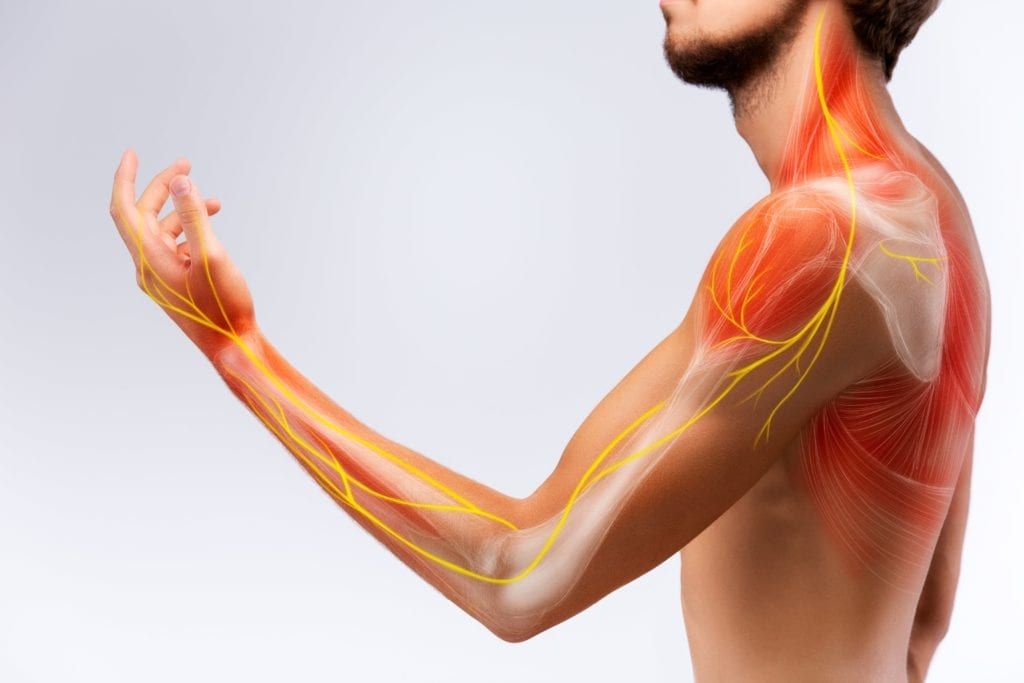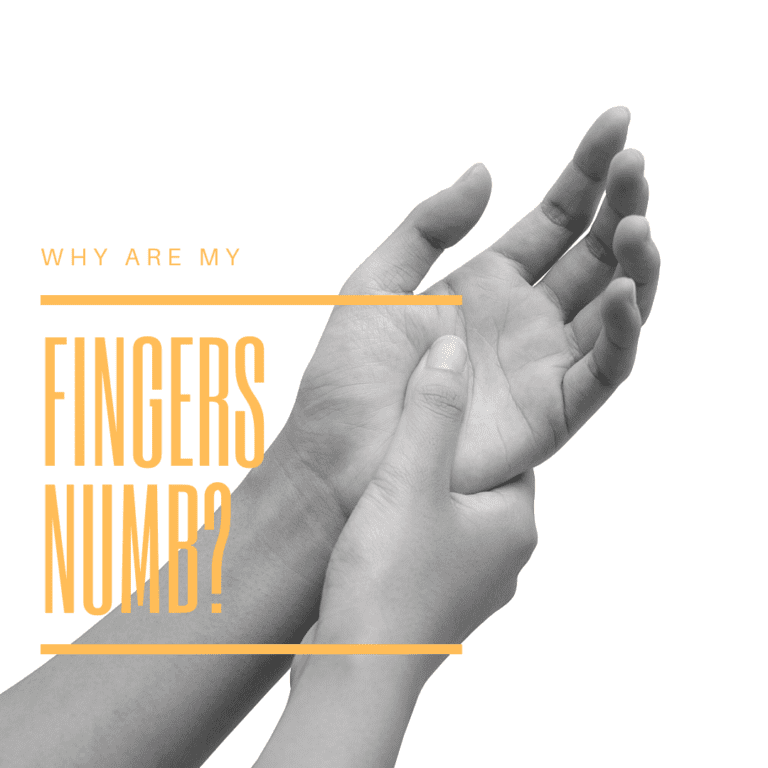If you have been experiencing numbness or tingling in your hands and fingers, chances are you want to know what is causing it and how to make it stop. While there are a variety of reasons why your fingers could be numb, the good news is that not all these reasons are serious. Here are some possible reasons why you may be experiencing numbness or tingling in your hands and fingers:
Drug-Induced Neuropathy
This is a fancy way of saying that your nerves can become damaged as a result of taking certain medications. While everyone’s body reacts differently, the most common culprits are: antibiotics such as metronidazole, nitrofurantoin, and fluoroquinolones; anticancer drugs like cisplatin and vincristine; antiseizure medications such as phenytoin; and heart or blood pressure drugs such as amiodarone and hydralazine.
Slipped Disc
A slipped disc, also known as a herniated disc, occurs when there is a tear in the disc that allows the soft cushion between the vertebrae to slip out of place. When this happens in the cervical, or neck, region of the spine, it can cause both numbness and weakness in the arms, hands, and fingers.
Carpal Tunnel
Carpal tunnel syndrome is a common condition that is characterized by pressure on the median nerve. The median nerve runs through the center of the wrist and is responsible for sensation to your thumb, index finger, middle finger, and a portion of the ring finger. When the median nerve becomes compressed by the surrounding tissues, however, this can cause tingling, pain, and weakness in these fingers.
Cubital Tunnel
Cubital tunnel syndrome is a condition similar to carpal tunnel syndrome, however it affects the ulnar nerve. The ulnar nerve, also commonly called the funny bone, runs down from the neck, passes through the inner portion of the elbow, and continues all the way to the pinky finger. Like carpal tunnel syndrome, when the ulnar nerve is compressed it can result in numbness, pain, and weakness in the ring and pinky fingers.

Peripheral Neuropathy
Peripheral neuropathy is a complication of diabetes that causes nerve damage in the arms, hands, legs, and feet. It is generally caused by high blood sugar levels and is seen in people who do not properly manage their diabetes. In addition to numbness and tingling, peripheral neuropathy can cause burning or a pins-and-needles feeling.
Multiple Sclerosis (MS)
While MS is a rare, numbness and tingling are one of the most common symptoms. In most cases, numbness associated with MS tends to only affect one side of the body and it generally occurs in the arms, legs, or face. Other symptoms of MS can include vision problems, weakness, coordination problems, slurred speech, and loss of bladder or bowel control.
Guillain-Barre Syndrome
Another rare condition, Guillain-Barre syndrome is characterized by nerve damage as a result of the body’s immune system attacking its own nerves. Although numbness with Guillain-Barre syndrome generally starts in the legs, it can eventually lead to numbness in the fingers. Guillain-Barre syndrome usually follows a viral or bacterial illness and has the following additional symptoms: trouble talking or walking, fast heartbeat, trouble with bladder or bowel control, and difficulty breathing.
Ultimately, the best way to determine the cause of your numb fingers is to schedule a consultation with your local neurologist. This is especially important if the numbness does not go away within a few days, spreads to other areas, or if you had a recent injury or illness. During your appointment, your neurologist will ask you about your symptoms and may possibly perform a nerve conduction study to determine the cause of your numbness.

Dr. Kashouty, a diplomate of the American Board of Psychiatry and Neurology (ABPN), practices general neurology with fellowship trained specialization in clinical neurophysiology. Dr. Kashouty finds the form and function of the nerves and muscles the most interesting part of neurology, which is what led him to specialize in neurophysiology with more emphasis on neuromuscular conditions. He treats all neurological diseases, but his main focus is to treat and manage headaches, movement disorders and neuromuscular diseases.




